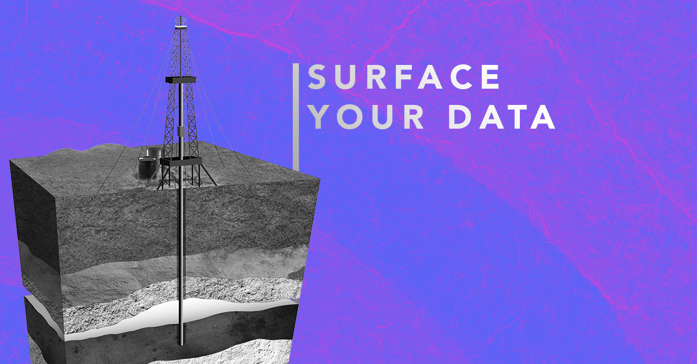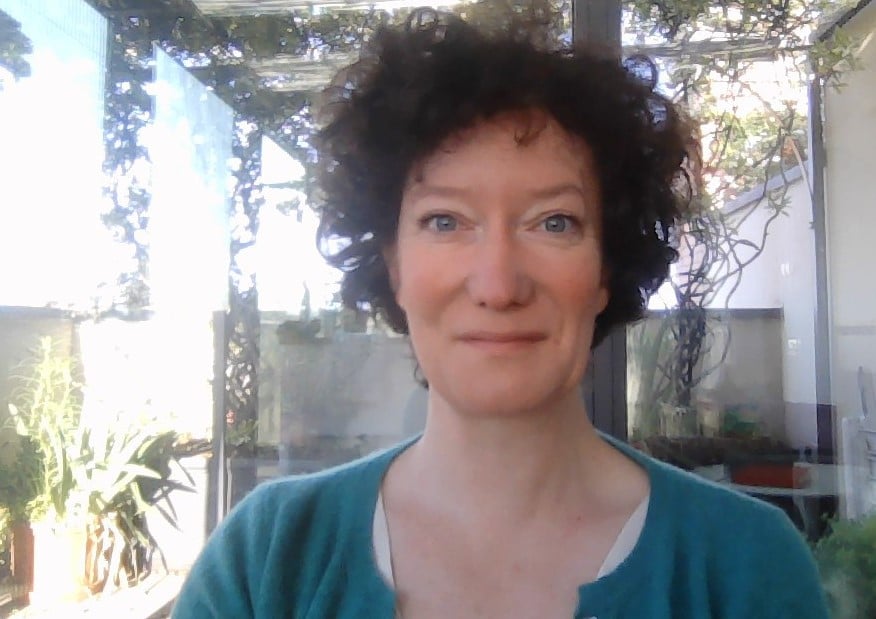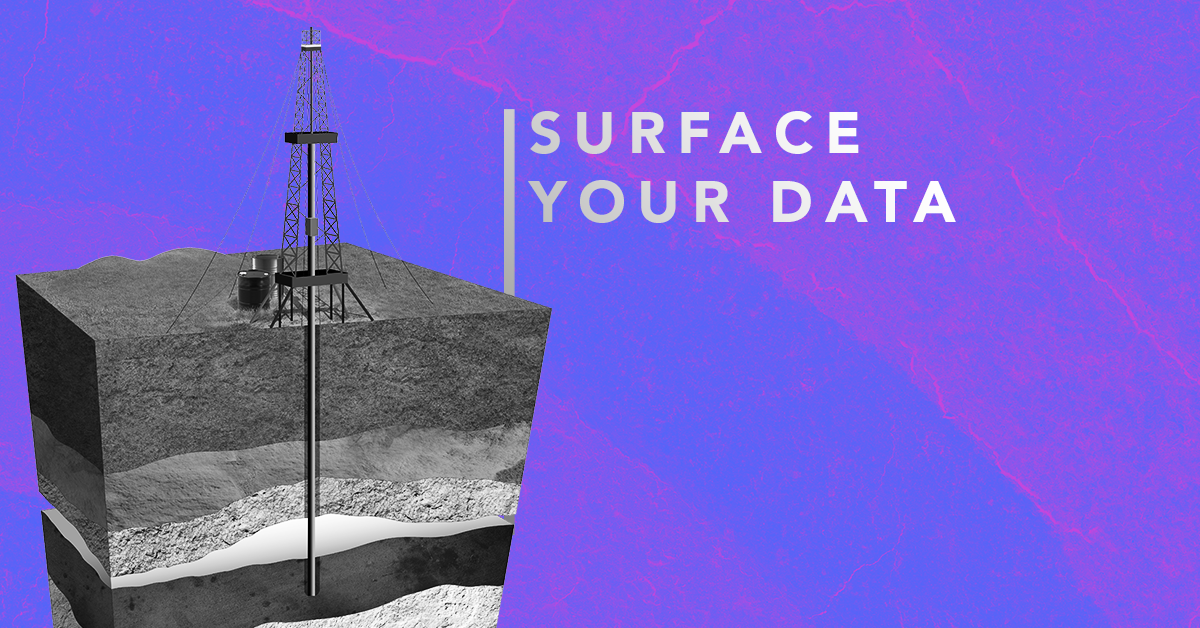
When it came time for Gwenola Michaud to choose a field of study, she simply couldn’t decide between mathematics and computer science. So, she didn’t, and thus began her foray into the world of geophysics and the subsurface field. It was the perfect path for a mind like Gwenola’s, applying her math and computer science aptitude to problems related to the Earth. Or in Gwenola’s case, to hydrocarbon reservoirs.

Gwenola Michaud, Cognite Senior Advisor and Domain Expert for Subsurface.
“Studying how acoustic waves propagate in the ground, how to process them to better understand reflections and their characteristics, is key for reservoir characterization,” she explains.
Her dedication to the study of reservoirs has marked the course of her career. In January 2020, Gwenola brought her expertise to Cognite, where she began a new role as senior advisor and domain expert for subsurface. From day one, she set out to develop a prototype to automate the reservoir modeling workflow, and to increase understanding of how to provide data visualization and contextualization, enabled through data automation flows powered by modern cloud-based APIs.
“My other objective upon joining Cognite has been to lead the team for the ‘testing workstream’ of the Open Subsurface Data Universe (OSDU) framework. This initiative involves a lot of companies from operators, software vendors and service companies, with multiple working groups to develop standards in oil and gas data for access and sharing," Gwenola says. She sees it as a great opportunity for all the software vendors to be truly open, with her involvement in the testing workstream to ensure that the guiding principles of the open group are met.
A wealth of data is at our disposal today, so let’s make use of it
While reservoirs may have been her first love, today Gwenola’s all about the data. She believes that the information extracted from the data is perhaps the most exciting technological development in the subsurface field today.
“Data is now available in a manner that we could have only dreamt of 10 to 20 years ago. Meanwhile the geoscience problems remain unchanged,” she says.
So, how do you solve age-old problems with a whole bunch of insightful, newly available data? That’s been Gwenola’s task to tackle, along with her colleague, Thorkild Stray, Cognite’s Chief Architect. Their goal, along with their respective teams, is to provide organizations (Cognite’s customers) access to their own data. They want to help these companies to build knowledge and solutions that respond to the needs that arise when modeling a reservoir. Knowledge can be shared and better decisions will be made, when more relevant and timely information is at the ready.
Thorkild explains, “There is so much data locked away that could help take the risk out of decision-making within subsurface, but this data has always been hard to collect and combine. With our venture into subsurface, we are liberating and contextualizing this data in new ways and opening up for it to make better decisions.”

Open data access creates a new customer advantage
With Gwenola’s deep expertise in the subsurface field, coupled with Thorkild’s talent for tech, Cognite is able to help customers speed up development. This is aided by the company’s open library of tools that can be used to both access and enrich the data, along with a bevy of in-house experts who possess the required domain knowledge and technical expertise to truly understand the customers’ needs.
Customers today have the opportunity to no longer concern themselves with various file formats, and instead focus on the APIs. On top of that, they should no longer be locked in with a vendor’s proprietary data platform, and the interoperability of the tools means that everyone can design a data workflow and process to suit their own needs, instead of adjusting to suit the software.
“For companies, that makes it possible to select vendors that are top of their class within very specific segments. It also means that these companies don’t have to create their own custom data platform and start from scratch,” adds Thorkild. “In Cognite we have always been proud of having an API with a completely open specification, publicly documented. This shows that we want to win our customers by being best-in-class rather than by locking them to our software.”
Lowering the bar for innovation in subsurface
The result of greater data availability and new workflows lowers the bar for innovating in the subsurface technology field. This is especially true for a mature area such as the Norwegian continental shelf, where the ability to use data in smarter ways to better understand the subsurface is the key to increasing value generation going forward.
“I think we’re uniquely positioned in our subsurface offerings. We can offer the flexibility and elasticity in understanding needs, in describing technology or frameworks, and in choosing the suitable technology to develop, deliver and maintain solutions,” asserts Gwenola.
Supporting their customers and meeting their needs is not a one-team job in Cognite. Gwenola, Thorkild and the others believe they have built something unique, where teams work dynamically across reporting lines, and are eager to learn, develop and deliver - together.
Gwenola says that Cognite’s culture “is really what positions us to succeed in the energy industry.” She calls it their ‘can do’ attitude. “We just make it happen.”